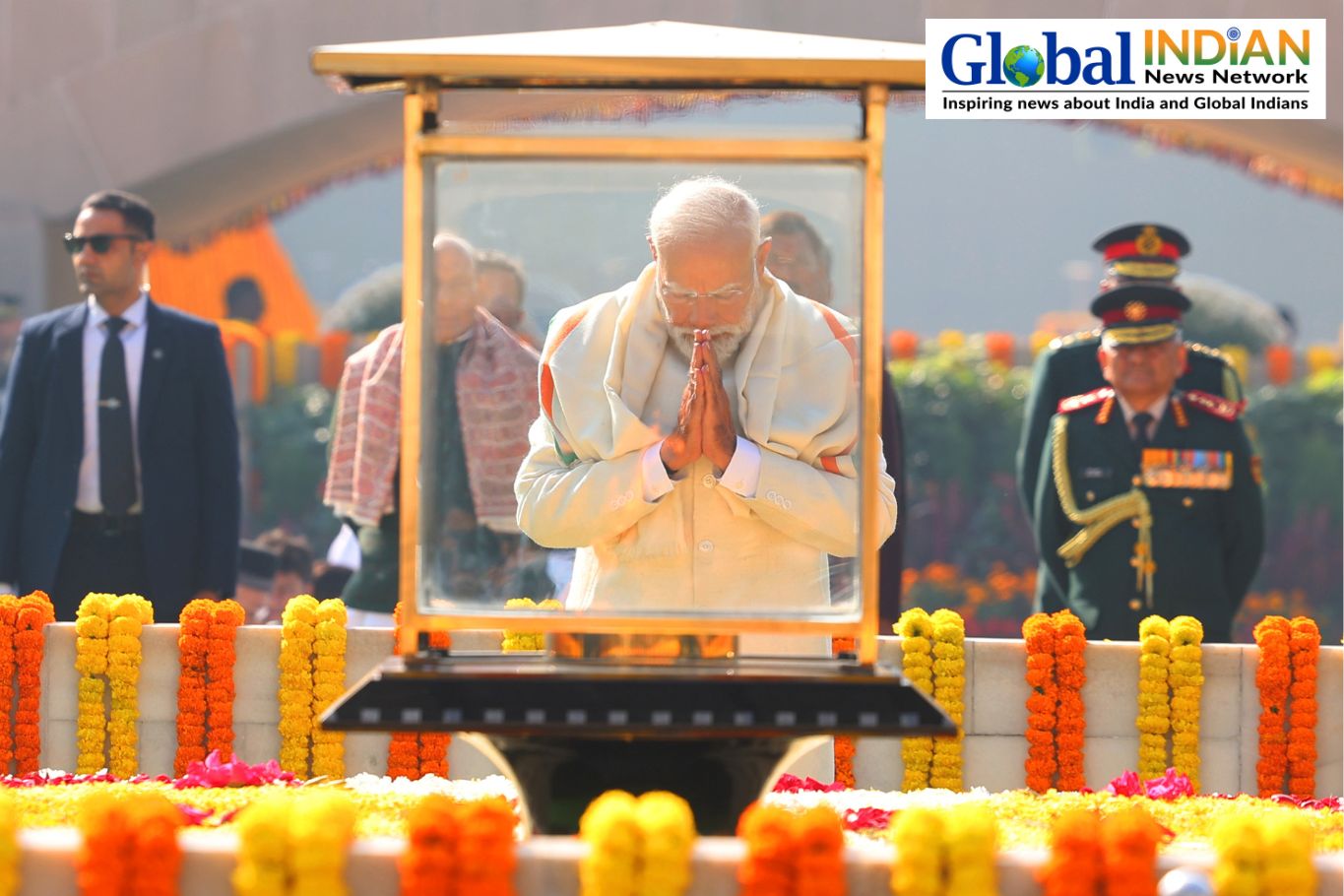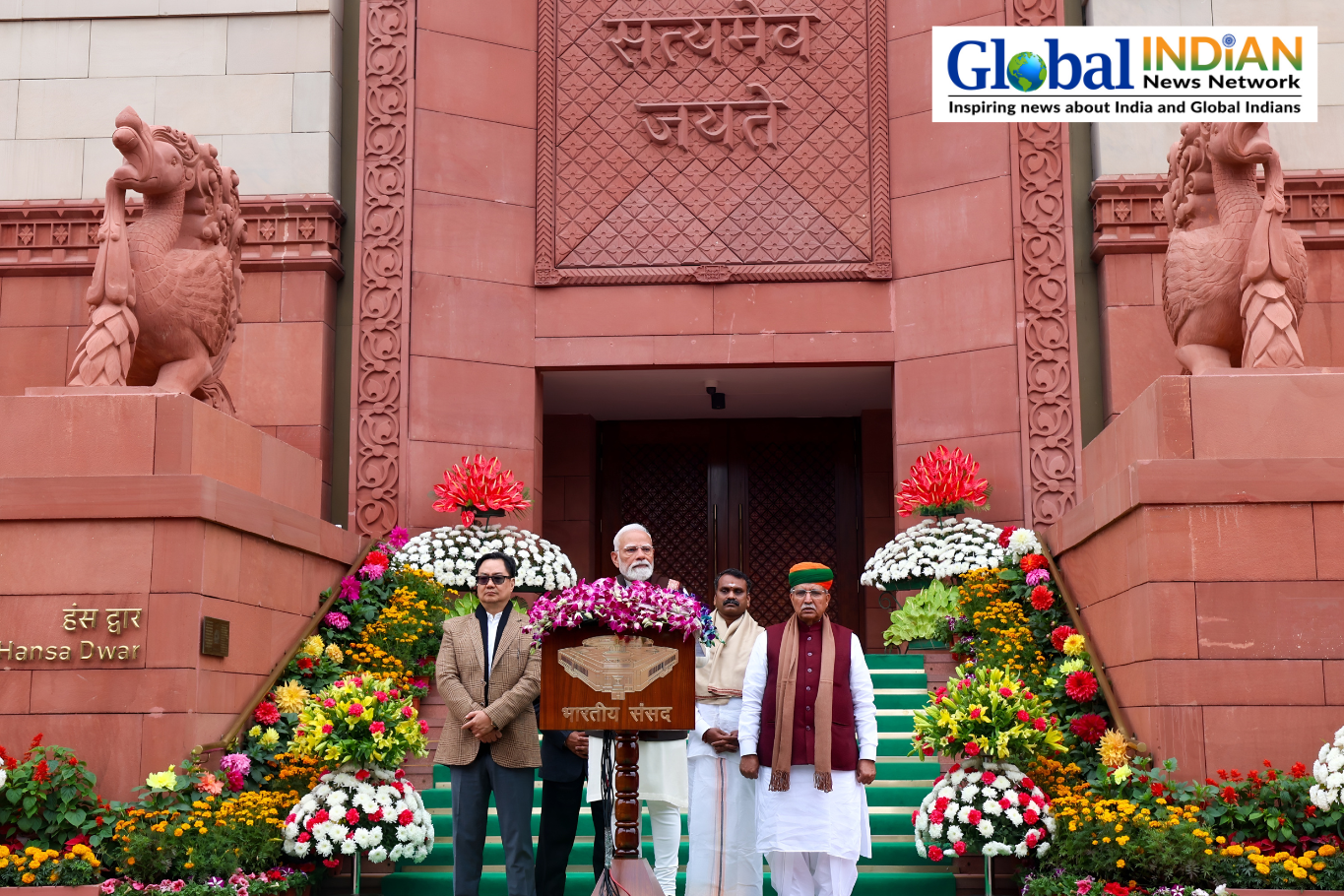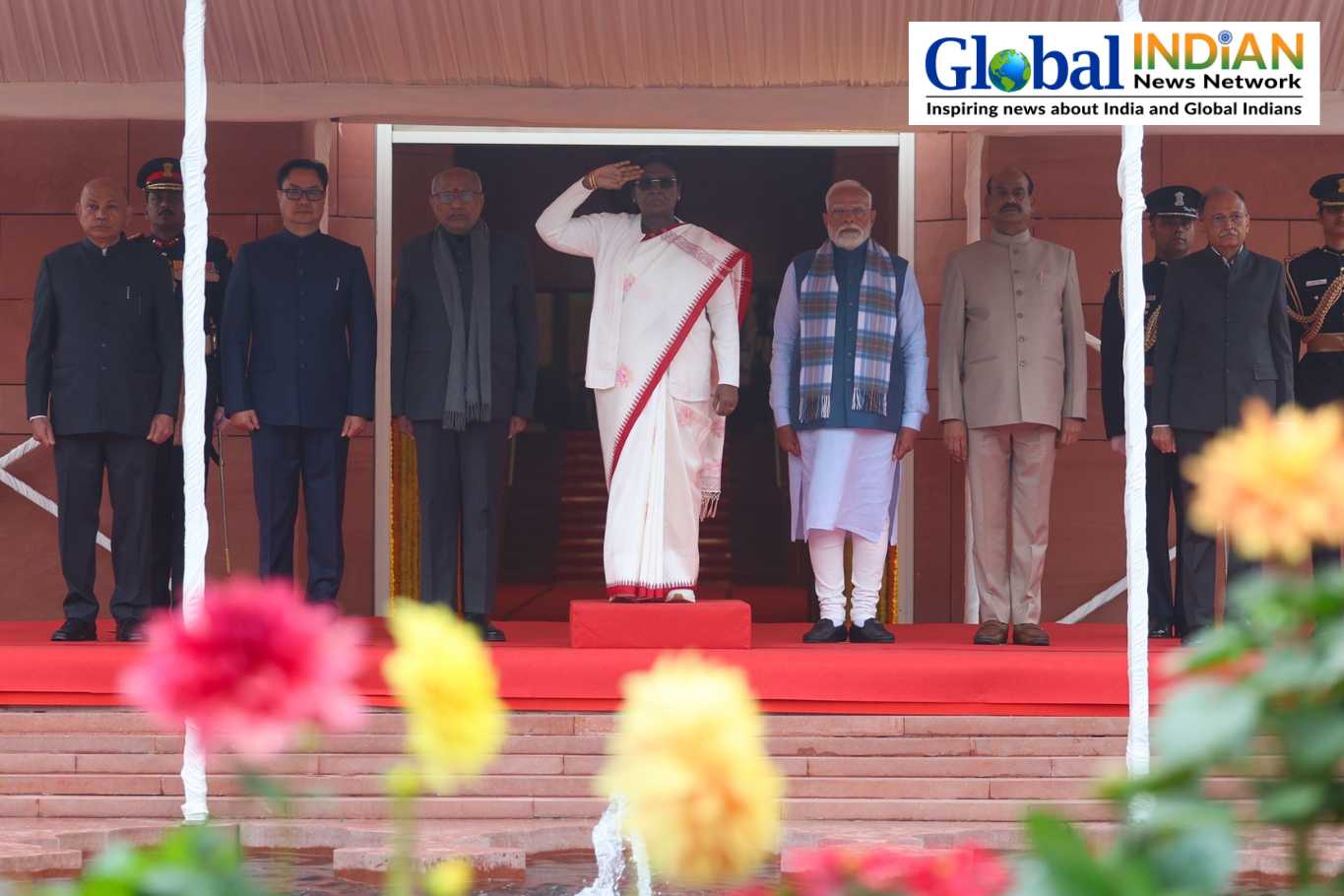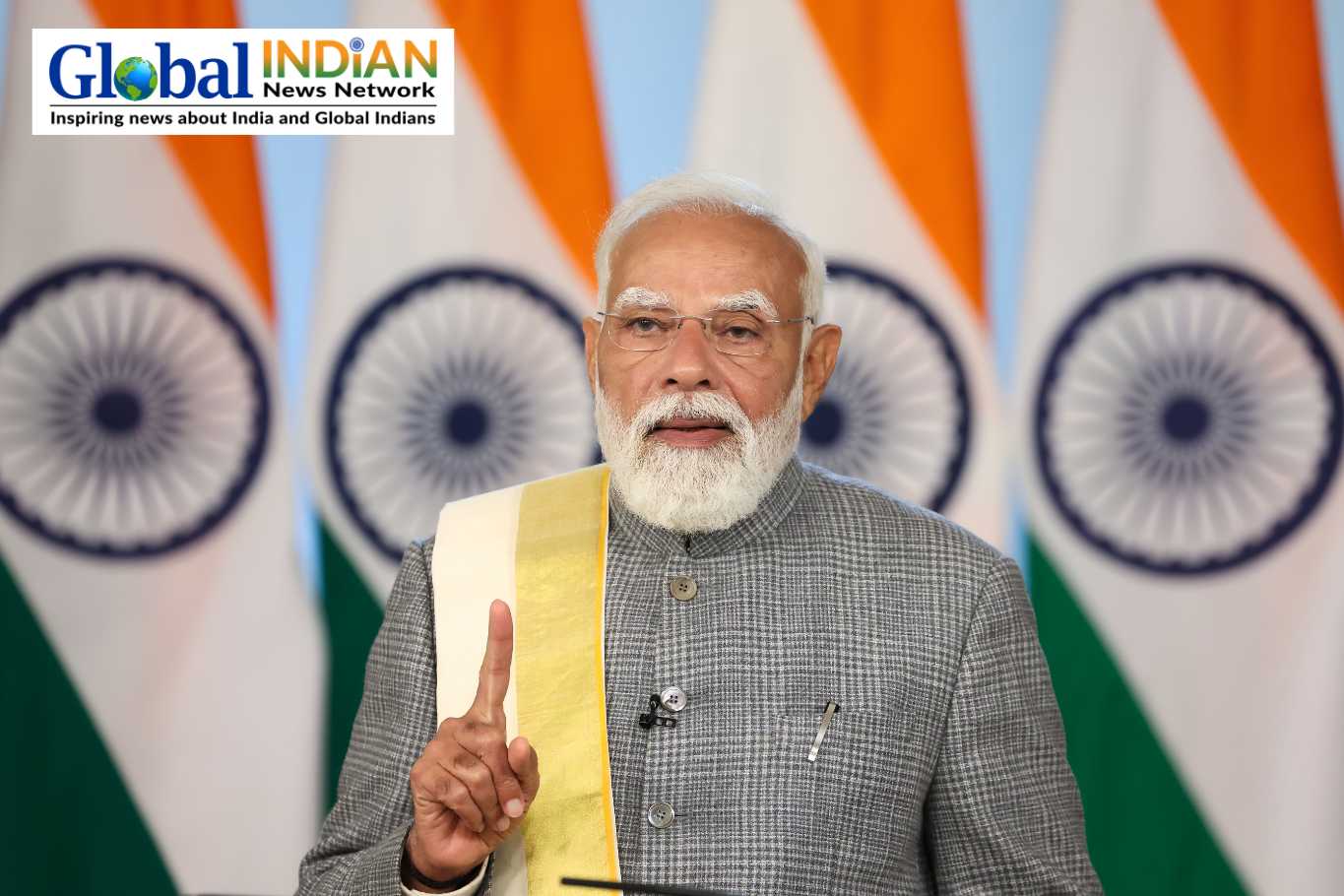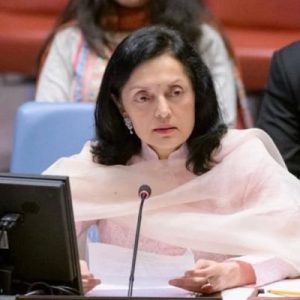 Addressing the UN Security Council during the open discussion on the subject of “future-proofing trust for sustaining peace,” Kamboj said that from the Indian delegation’s point of view, in order to secure the future or future-proof it, one must first and foremost learn the proper lessons from the past. She questioned whether the Security Council in its present form, which denies permanent representation to entire continents of Africa, Latin America, and the world’s largest democracy, could be deemed inclusive by making five members more equal than others.
Addressing the UN Security Council during the open discussion on the subject of “future-proofing trust for sustaining peace,” Kamboj said that from the Indian delegation’s point of view, in order to secure the future or future-proof it, one must first and foremost learn the proper lessons from the past. She questioned whether the Security Council in its present form, which denies permanent representation to entire continents of Africa, Latin America, and the world’s largest democracy, could be deemed inclusive by making five members more equal than others.
She further asked, “Does the Council’s normative framework eliminate inequality or does it tend to perpetuate it? Will we be able to credibly improve the Council’s effectiveness at any stage when it is a fact that we don’t even have a time frame for concluding the decadal discussions on Security Council reform? And can we actually be future-proofing trust for sustaining peace through the Council till we arrive at credible answers to these core questions?”
Kamboj argued that multilateral organizations must be held more responsible for their membership while discussing the key actions that the Security Council should take to make the organization inclusive and a normative framework. The institutions must be accessible and open to a range of perspectives, especially those from the global south.
If the Council is to continue to inspire faith and confidence in its capacity to give leadership to the whole globe, it must be made more representative of emerging nations. She claimed that only by giving the voiceless a voice would they be able to produce practical answers.

